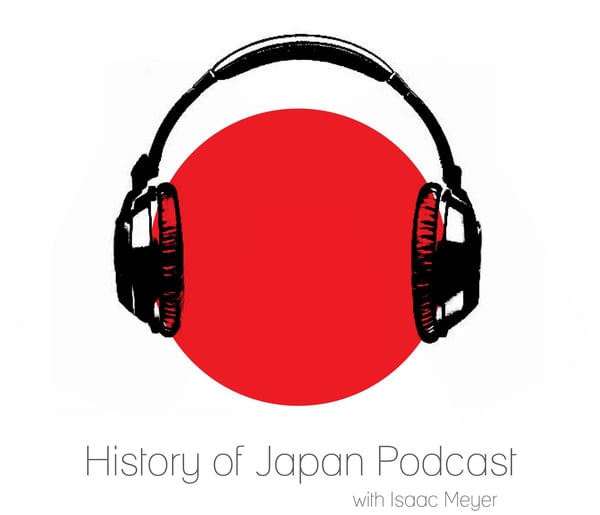Episode 562 - You Gotta Fight for Your Right to Party, Part 1
History of Japan
Isaac Meyer
4.8 • 744 Ratings
🗓️ 24 January 2025
⏱️ 39 minutes
🧾️ Download transcript
Summary
This week: the first of three episodes on urban rioting in Tokugawa period Japan. This week, we're covering the first two urban riots in the history of the shogun's capital city. What drove the people of Edo to riot, and how did the shogunate respond to those challenges to its authority?
Show notes here.
Transcript
Click on a timestamp to play from that location
| 0:00.0 | Hello and welcome to the history of Japan podcast episode 562. |
| 0:20.6 | You got a fight for your right to party, part one. |
| 0:24.9 | It has been my experience as a teacher of history that one of the hardest concepts to get |
| 0:30.0 | students to grasp is that, given the inherent messiness of the human condition, two things |
| 0:36.1 | that seem contradictory can actually both be true. |
| 0:40.6 | Put another way, so much of how we view the past is a matter of framing. For example, from one |
| 0:47.0 | perspective, Japan's Edo period, the period from 1600 to 1868, the final age of pre-modern Japan, the curtain call of the feudal system, |
| 0:57.7 | both the height and the end of samurai domination under the rule of the Tokugawa Shoguns, |
| 1:02.8 | was a golden age for Japan. |
| 1:05.7 | As we've discussed many times before, it was a period that saw incredible economic growth, cultural |
| 1:11.9 | flourishing, rising standards of living, and in the offing helped give rise to the vast |
| 1:17.3 | majority of what we now think of as traditional Japanese culture. |
| 1:21.6 | Because yes, there are elements of that culture that are much older than the Edo period, |
| 1:26.0 | but so much else, from the tea ceremony to the |
| 1:28.4 | shoji screen to Haiku and Kabuki either came about during the Edo period or became part |
| 1:34.6 | of the wider culture and not just the provenance of a small elite. |
| 1:39.7 | But on the other hand, you could also focus on the strict system of controls created by the |
| 1:44.5 | Shogun and his advisors to maintain order. |
| 1:48.6 | Everything from passes that were the only legal way to travel across the country, to barrier |
| 1:53.6 | checkpoints intended to enforce those rules, to sumptuary laws, banning people of certain |
| 1:59.0 | social stations from wearing certain types of clothing to strict |
| 2:02.7 | systems of censorship. In so many ways, the Tokugawa system was deeply authoritarian, |
... |
Please login to see the full transcript.
Disclaimer: The podcast and artwork embedded on this page are from Isaac Meyer, and are the property of its owner and not affiliated with or endorsed by Tapesearch.
Generated transcripts are the property of Isaac Meyer and are distributed freely under the Fair Use doctrine. Transcripts generated by Tapesearch are not guaranteed to be accurate.
Copyright © Tapesearch 2025.

